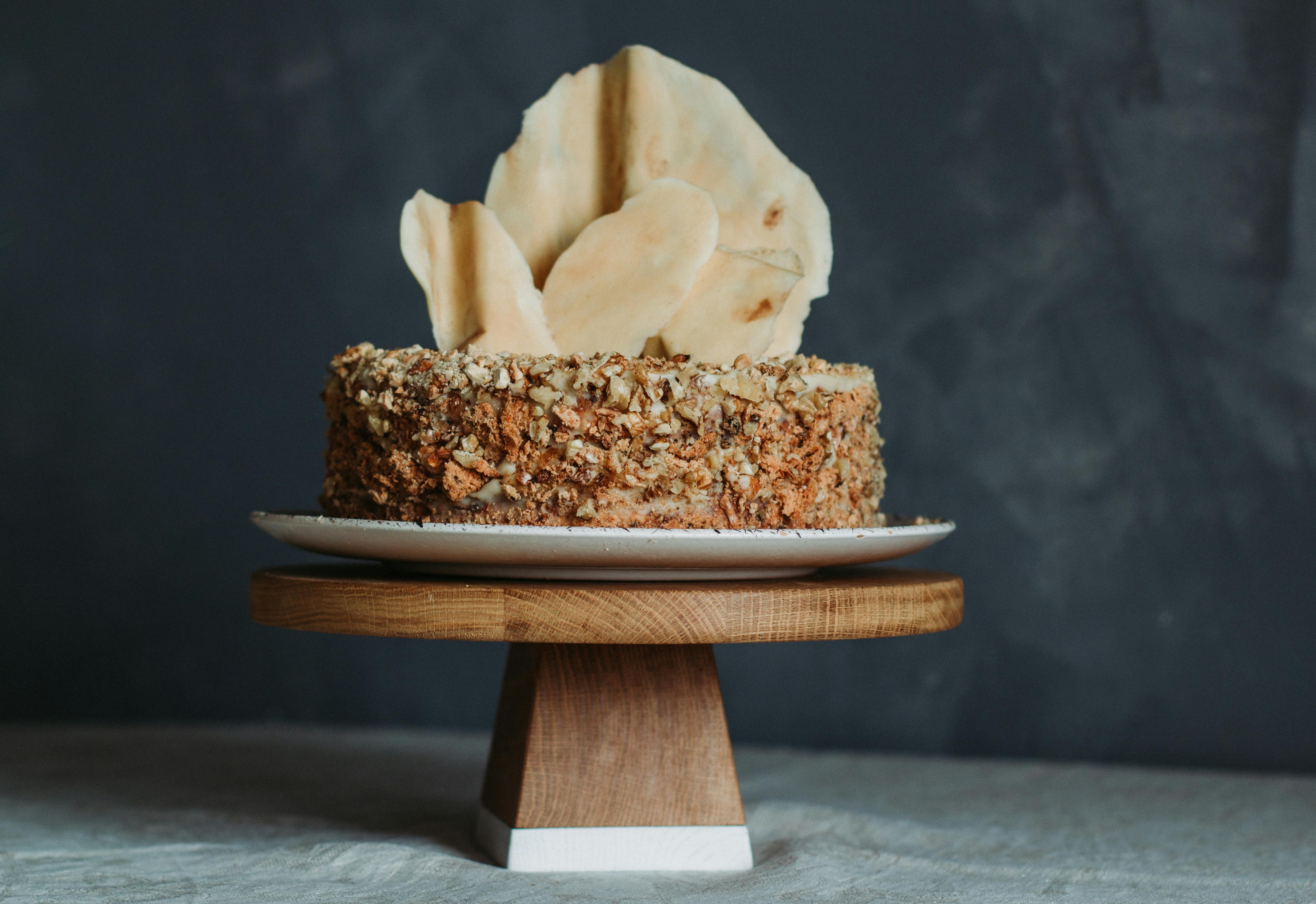7 essential tips for choosing a bamboo floor

Are you looking for a high-quality, environmentally friendly floor? Lots of people are considering bamboo. Unlike hardwoods, bamboo is a grass that takes only 5-6 years to grow, instead of 25-30 years. The bamboo is harvested and the use of bamboo saves trees.
Bamboo is a great option if you choose well. Just as you find low-quality carpet or high-quality carpet, you can get low-quality or high-quality flooring. All bamboo floors are not created equal. These seven tips will help you avoid mistakes and find floors that you can be happy with for many years:
1. What type of soil would you like?
There are 2 types of bamboo flooring boards available: traditional and braided. Traditional bamboo flooring comes in 2 different grain directions: horizontal and vertical. Traditional bamboo can also be solid (yet entirely bamboo) or engineered (a thin layer of veneer on top with a compressed particle board). Although traditional bamboo flooring is approximately 25% harder than oak and maple flooring, it can be easily scratched or punctured. For these reasons, there are many complaints from home and business owners when working with traditional bamboo flooring boards.
A much better option is strand woven bamboo flooring. Stranded boards are compressed in the same direction with adhesive under extreme pressure. Green companies use environmentally safe adhesives. This process fuses the strands of bamboo together, creating a solid board that is nearly twice as dense as regular bamboo flooring. This is what makes woven bamboo flooring so
strong and durable. Woven strand flooring is much harder than traditional bamboo and cannot be easily scratched, dented, or punctured by high heels, small pets, and moving furniture.
2. How hard is the floor?
There is a measure of hardness called the Janka hardness scale. On this scale, for example, white oak is 1360 and maple flooring is 1490. Where does the flooring you are considering rank on this scale? If you have children, high traffic or pets, look for bamboo flooring with a Janka hardness greater than 2300. Request samples. Once you get the samples, test them. Hit them, throw things at them, try to scratch them. What product holds up better?
3. How ecological is the manufacturing process?
If the floor is designed or woven with strands, it was processed to increase hardness. Look for bamboo flooring that is formaldehyde-free and made with non-off-gassing adhesives. If your project is going to be LEED certified, verify that the floor meets the LEED submission criteria.
4. Are you looking for floating or nailed floors?
Not all projects need nailed down floors. Floating floors can work well in certain situations. It snaps on and can be used over concrete and radiant heating. Can be used on projects that are not nail or adhesive friendly. Floating floors can also be easily uninstalled and taken with you when you move. When looking for a floating floor, make sure it’s self-locking. The best way to be sure is to order samples and test them. Do they come apart easily or do they stick together?
5. Can the floor be used for your particular situation?
Is it for residential or commercial use? Can it be used in a high traffic situation? Can it be used where moisture is a concern? Is it made for below grade installations?
6. Are there matching accessories available?
An outstanding piece of work will include matching bamboo accessories. Can you get matching baseboards, kicker shoes, sills, stairs, stair moldings, and floor vents?
7. How good is the warranty?
The guarantee is the confidence that the manufacturer has in its product. Look for a 25-year residential and 10-year commercial finish warranty and a 30-year structural warranty.
By taking these seven important tips into consideration, you’ll avoid many of the mistakes first-time bamboo buyers make. You will have a bamboo flooring project that you will enjoy for years to come.